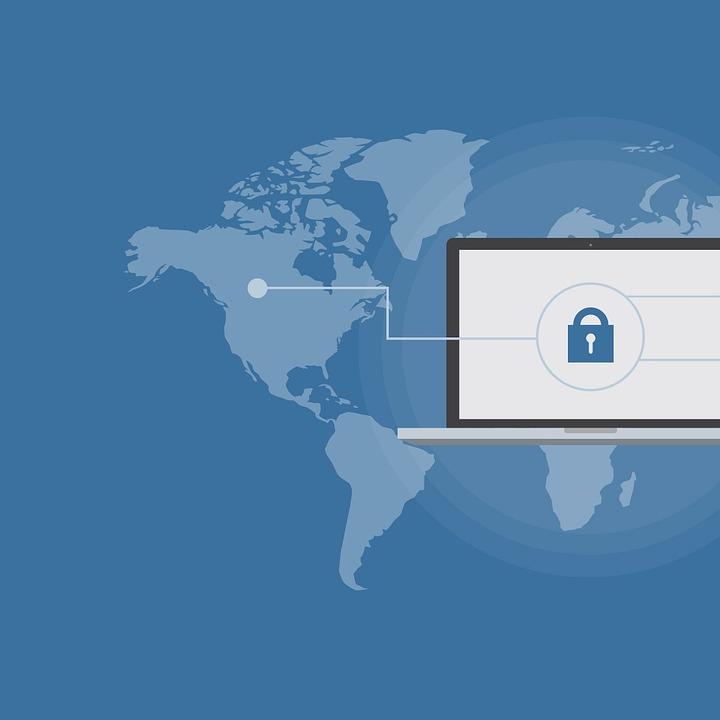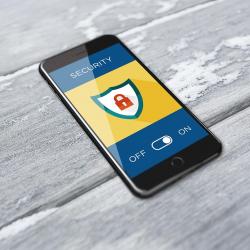How to Keep Your Gaming Accounts Safe from Cyber Threats
Gaming has transcended from just a hobby to a significant part of digital culture, so protecting one’s gaming accounts has never been more critical. With millions of players around the globe, video games have created a lucrative market not only for developers but unfortunately, for cybercriminals as well. Whether you're a casual player or a competitive gamer, safeguarding your gaming accounts from cyber threats is essential. Here’s how you can shield your virtual world from unauthorized access and malicious attacks.
1. Use Strong, Unique Passwords
The first line of defense against cyber threats is a robust password. Avoid using easily guessable passwords like "123456" or "password". Instead, create complex passwords comprising a mix of uppercase and lowercase letters, numbers, and special characters. It is also crucial to use unique passwords for each of your gaming accounts to prevent a breach in one from cascading into others. Password managers can help in generating and storing these complex passwords securely.
2. Enable Two-Factor Authentication (2FA)
Two-Factor Authentication adds an extra layer of security, requiring not just a password and username but also something that only the user has access to, such as a mobile authentication app or a code sent via SMS. Most major gaming platforms offer 2FA options, and enabling this function can make it substantially harder for hackers to gain unauthorized access to your account.
3. Beware of Phishing Scams
Phishing scams are deceptive attempts to acquire sensitive information. Scammers might impersonate gaming companies or offer “free” in-game items through emails or messages. Always verify the sender's identity before clicking any links or providing personal information. If you’re unsure, visit the official website of the gaming service directly instead of clicking on a potentially malicious link.
4. Keep Software Up to Date
Developers regularly release updates to patch vulnerabilities and enhance security. Ensure that your gaming software, as well as your operating system and any security tools, are always up to date. Many platforms offer automatic updates, which can be a convenient way to maintain security without manual intervention.
5. Be Cautious with Public Wi-Fi
Playing games on public Wi-Fi networks can be risky, as these networks are often not secure and can be easily exploited by hackers. If you have to connect to public Wi-Fi, consider using a VPN (Virtual Private Network) to encrypt your data and protect your account information from being intercepted.
6. Monitor Account Activity
Regularly check your account activity for any unfamiliar or suspicious activity. Most gaming platforms and online services offer a history of logins and transactions. If you notice any unauthorized access or transactions, change your password immediately, and contact the platform's support team for further assistance.
7. Be Wary of Third-Party Tools and Mods
While mods and third-party tools can enhance your gaming experience, they can also pose significant security risks. Download mods only from reputable sources and avoid any software that asks for sensitive information or access to your gaming accounts. Illegitimate tools might contain malware designed to steal your account credentials.
8. Educate Yourself and Others
Staying informed about the latest security threats and best practices is one of the best ways to protect your gaming accounts. Share this knowledge with friends and family who are also gamers. Cybersecurity is often about communities working together to maintain safe digital spaces.
Conclusion
In the vibrant world of gaming, your accounts hold not just your progress and achievements but also personal and sometimes financial information. By implementing these security measures, you can defend your gaming life against cyber threats and enjoy your virtual adventures with peace of mind. Remember, in online gaming as in real life, it's always better to play it safe.






















